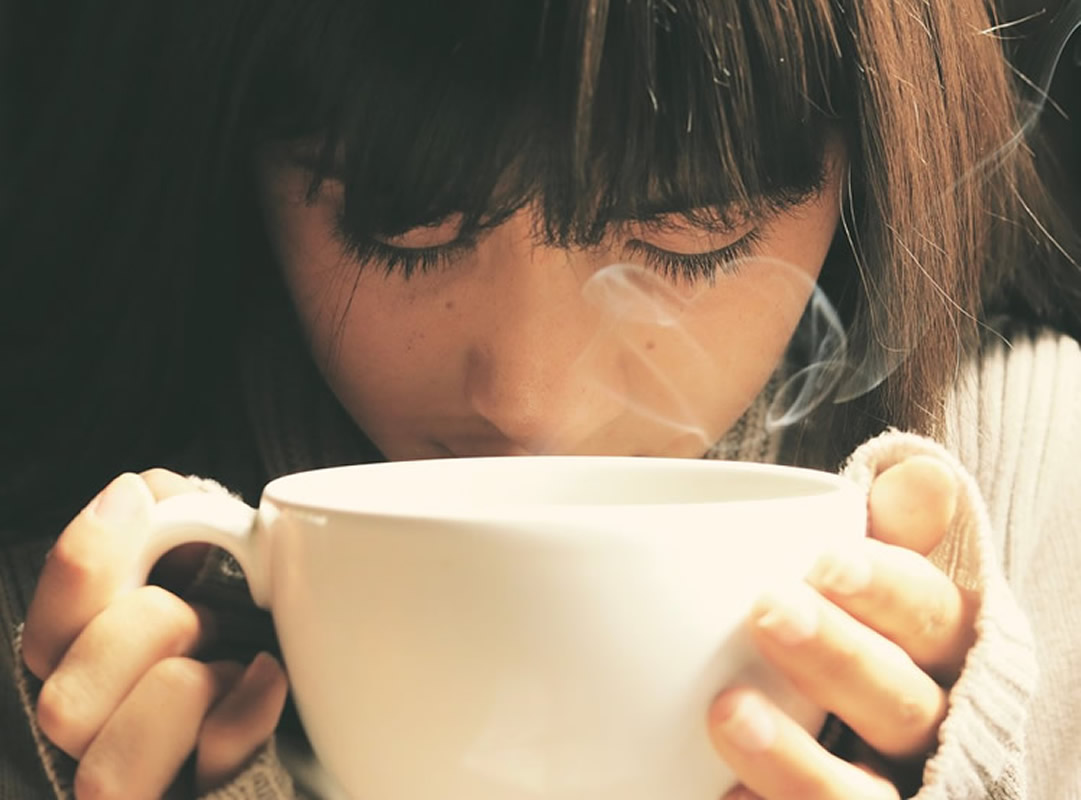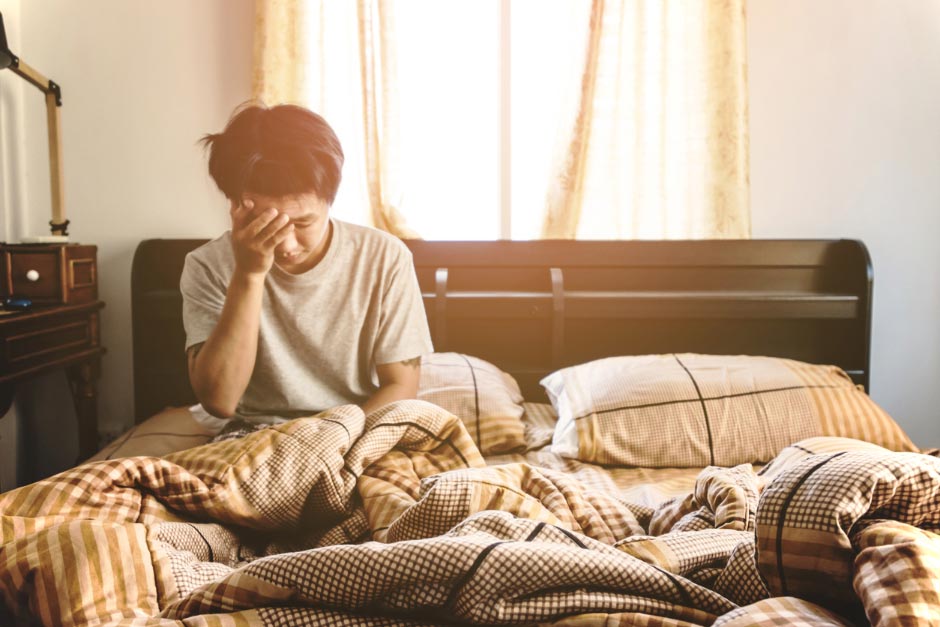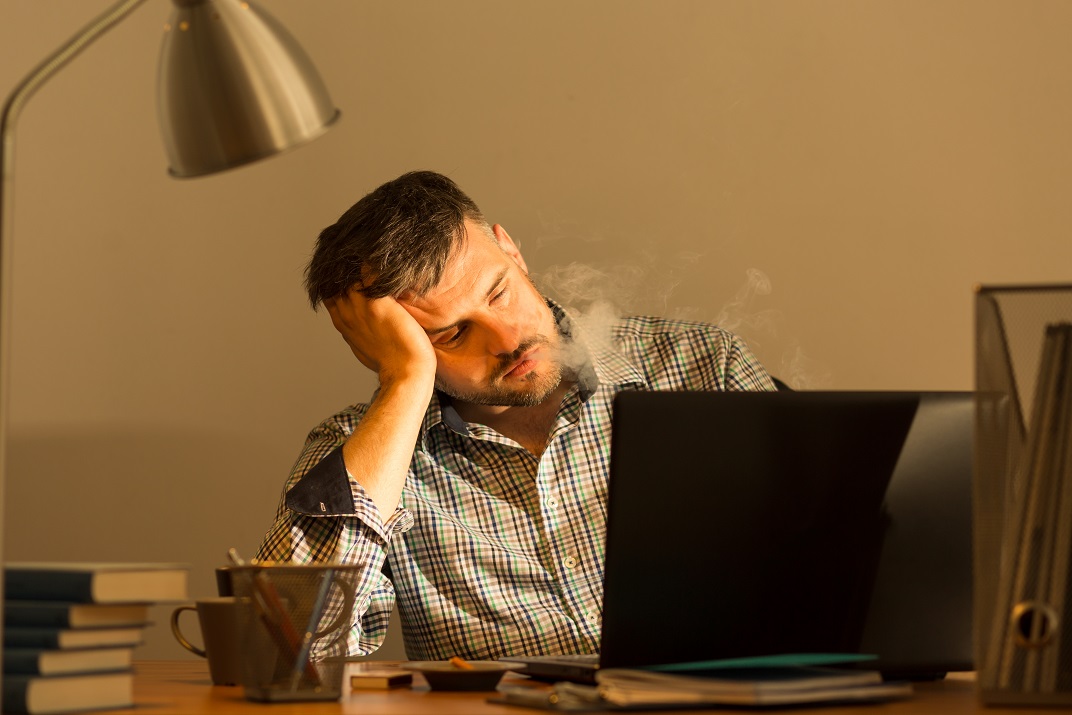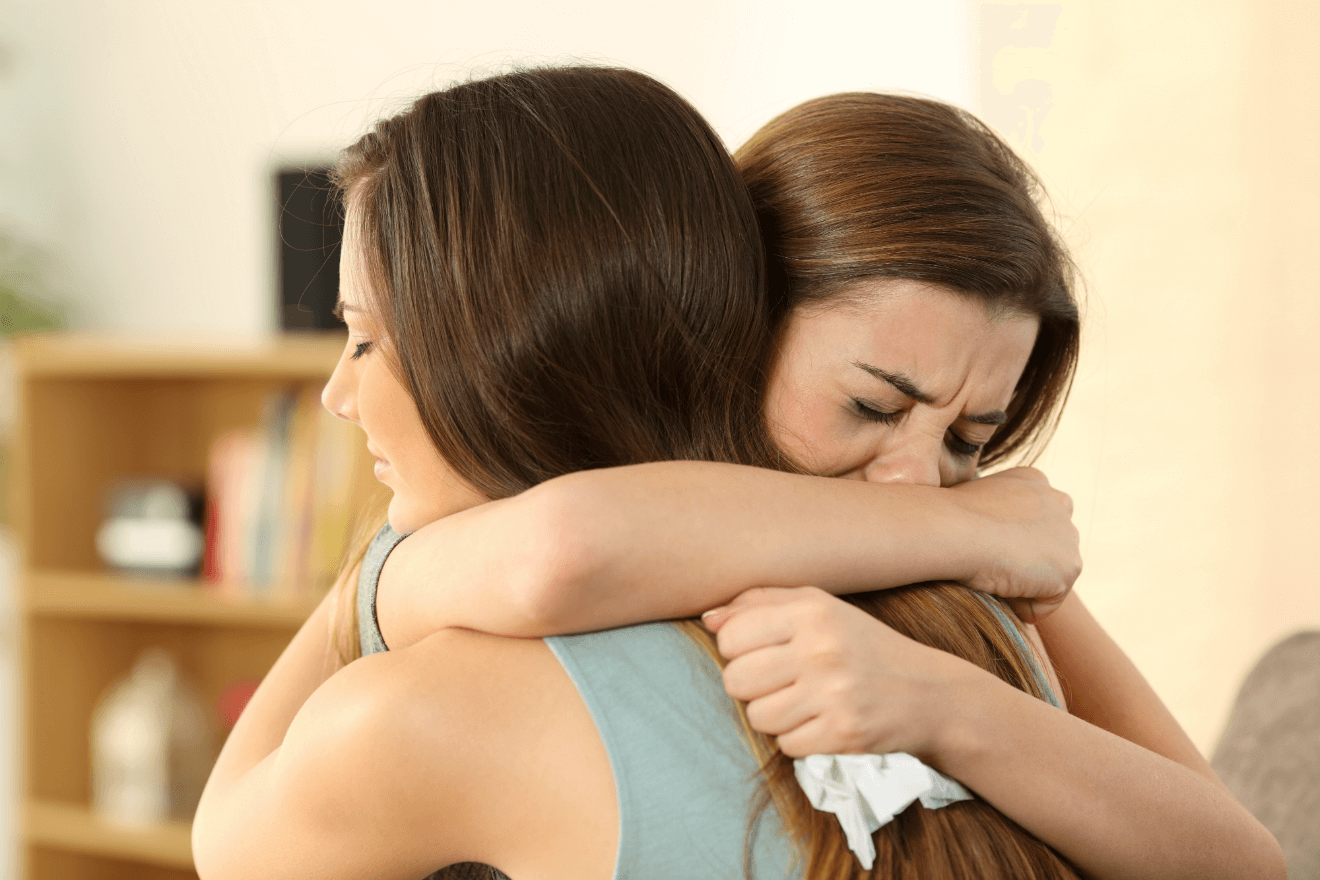If your day doesn’t really begin until you’ve had that first cup of coffee—or maybe even your second—you’re far from alone. Around the world, millions rely on caffeine as a daily pick-me-up, and it’s not just a harmless habit. Caffeine is, in fact, the most widely used psychoactive drug globally. While drinking coffee is generally socially acceptable—even encouraged in some cultures—some health professionals are beginning to question whether our relationship with caffeine is as innocent as we make it out to be.
On one hand, we laugh about our "need" for a morning brew, but on the other, it raises the question: are we brushing aside what might actually be an addiction?
The Other Side of the Kettle: Tea’s Global Appeal
Tea isn't just a drink—it's a ritual, a tradition, and in many countries, almost a way of life. Originating from the Camellia sinensis plant, tea has found its way into every corner of the world, in various forms and flavors. From green and black tea to matcha and oolong, each variant carries its own unique benefits. Scientific studies have repeatedly linked tea compounds to numerous health perks, ranging from improved heart health to reduced inflammation.
But while tea is celebrated for its wellness properties, some argue it may have a darker side—namely, the potential for addiction. This article takes a closer look at whether tea can be addictive, how caffeine plays a role, and what you can do if your cup-a-day habit spirals into something more intense.
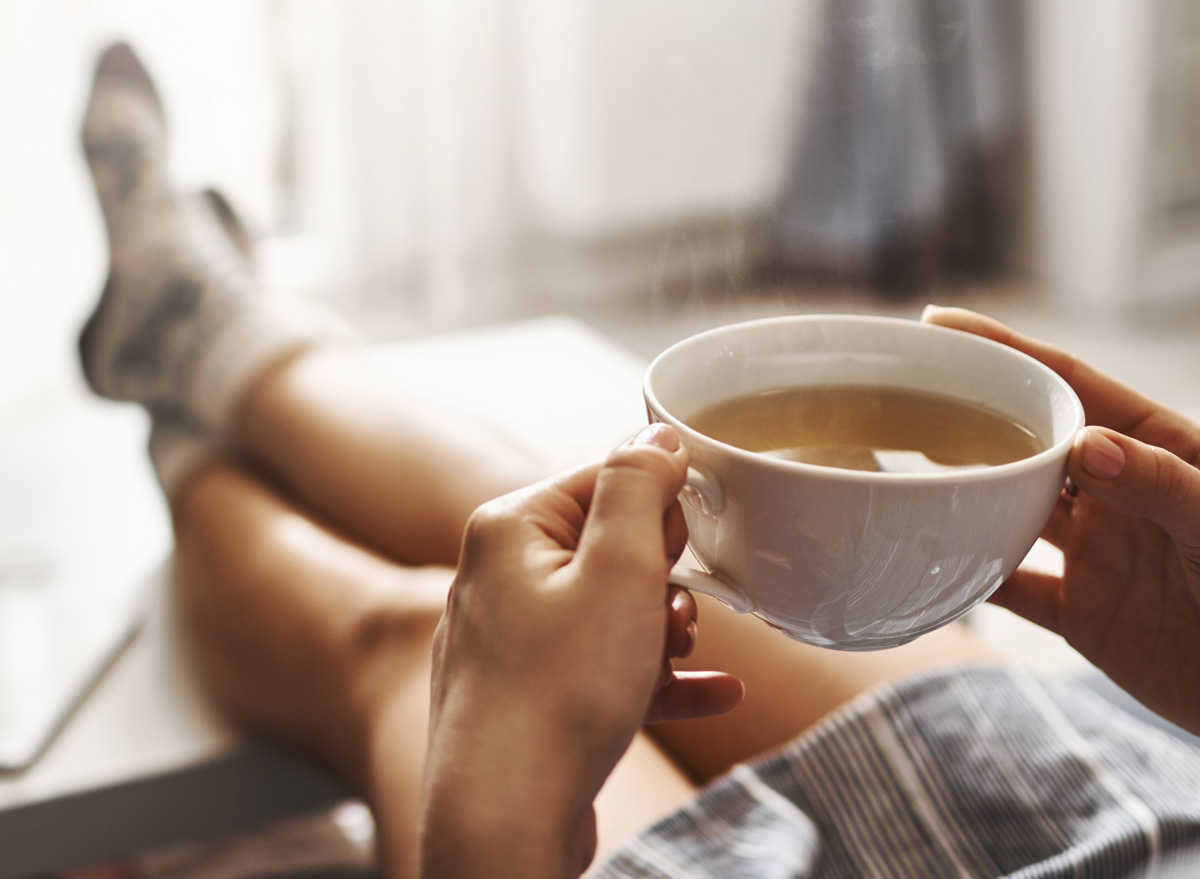
Caffeine’s Presence in Tea: The Addictive Undercurrent
Most teas, like their coffee counterparts, naturally contain caffeine—arguably the main reason for their energizing effect. And while caffeine might seem harmless at first glance, it’s a central nervous system stimulant that affects how your brain operates.
Caffeine's structure closely resembles adenosine, a chemical in the body that promotes relaxation and sleepiness. When caffeine enters your system, it binds to adenosine receptors in the brain, effectively blocking them. This disruption means your brain doesn't receive signals that it's time to rest, making you feel more awake and alert.
At the same time, caffeine triggers the release of other stimulating chemicals like dopamine. Over time, the brain compensates by producing more adenosine receptors, meaning you’ll need more caffeine to achieve the same alertness. And when you don’t get your usual fix, withdrawal symptoms like fatigue, irritability, and headaches can hit hard.
This chain reaction is precisely why tea and coffee can move from a comforting routine to something resembling dependence.
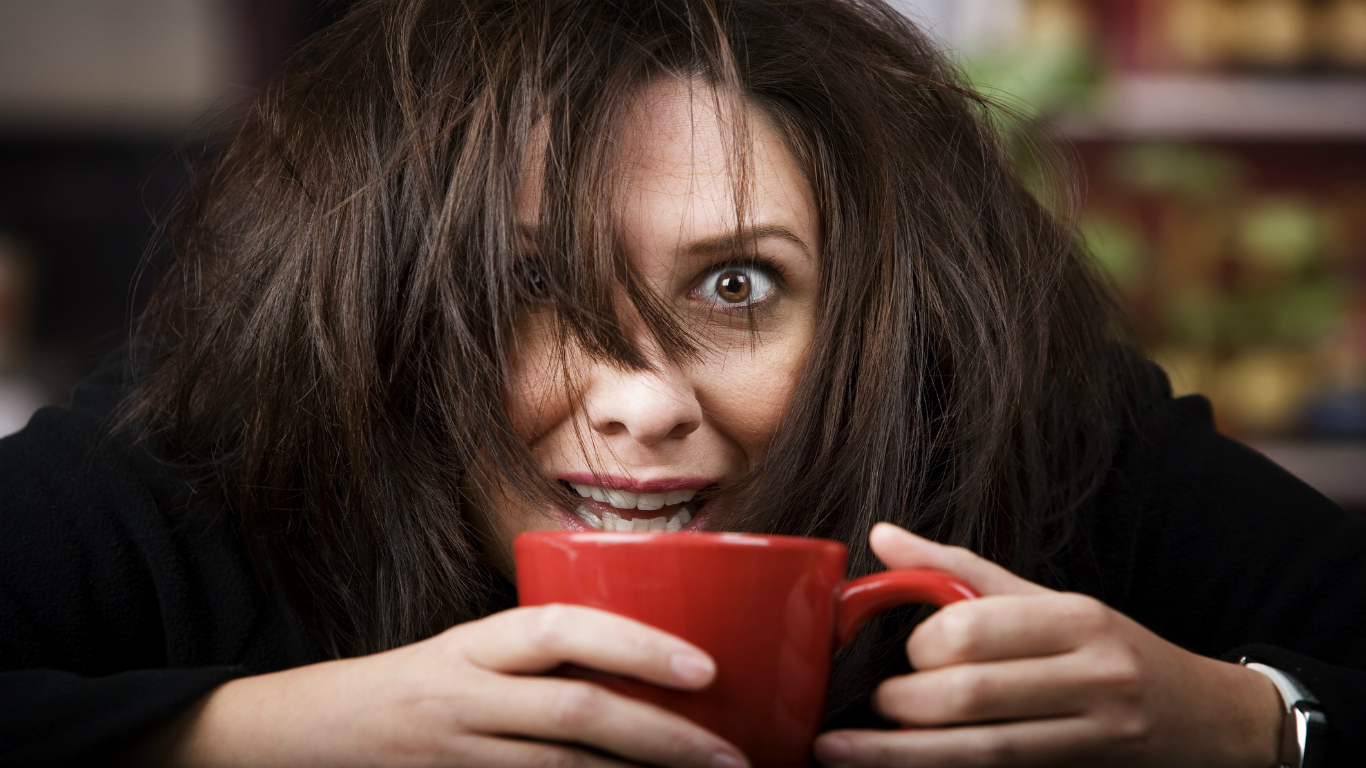
What Caffeine Actually Does Inside Your Head
Caffeine doesn't just perk you up—it rewires how your brain communicates. After you drink a caffeinated beverage, caffeine is rapidly absorbed through your digestive tract and carried into your brain.
Once it arrives, it acts as a blocker. It hijacks adenosine’s receptors, which would normally signal your brain to slow down and relax. With adenosine’s calming messages silenced, other natural chemicals like dopamine and norepinephrine get a louder voice. The result? You feel energized, upbeat, focused, and socially dialed in.
To break it down, caffeine affects your brain in two key ways:
-
It prevents the brain from signaling tiredness.
-
It amps up your natural stimulant systems, especially dopamine-driven ones.
The outcome of this neurological hustle? You might feel more confident, sharper, and emotionally lighter—at least temporarily. No wonder so many of us crave that mid-morning or afternoon caffeine hit.
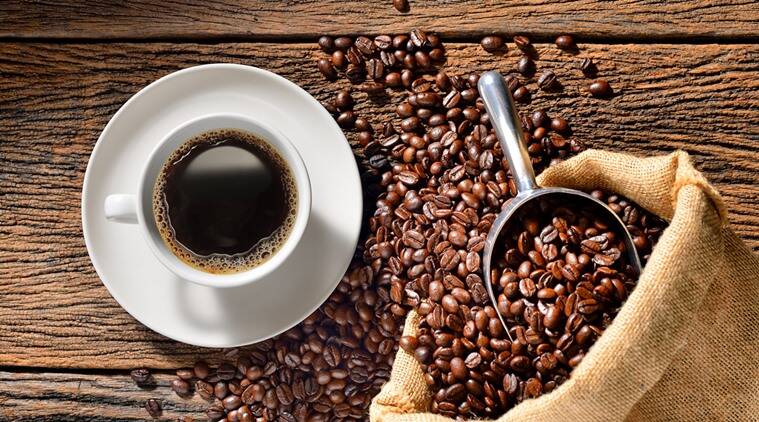
Can You Actually Be Addicted to Tea or Coffee?
The term "addiction" gets tossed around a lot—sometimes casually, sometimes clinically. But what does it really mean in the context of caffeine?
Health professionals typically look for these telltale signs of addiction:
-
Continued use even when it’s causing harm
-
Repeated failed attempts to cut back or quit
-
Physical withdrawal symptoms when you go without
There’s growing research suggesting that some caffeine users—tea drinkers included—do experience these markers. In fact, the World Health Organization classifies caffeine dependence as a genuine syndrome. However, the American Psychiatric Association doesn't currently list caffeine addiction as a diagnosable substance use disorder.
As for tea specifically, research is still murky. We don’t yet know how common dependency is among tea drinkers, or how difficult it really is to scale back for those who try. But based on caffeine’s effects, it’s entirely plausible that tea can lead to dependency in some individuals.
SUMMARY
Tea contains caffeine, a chemical known to influence brain chemistry in ways that resemble addiction. Still, scientific consensus is needed to label tea addiction a true clinical condition.
How Much Is Too Much?
So, how many cups of tea does it take to cross from casual sipping into risky territory? It’s hard to say definitively, but even moderate caffeine consumption—around 100 mg daily—has been shown to cause withdrawal symptoms in some people.
Here’s a rough breakdown of caffeine content per 240 mL (1 cup) of popular teas:
-
Black tea: 35–44 mg
-
Green tea: 33–71 mg
-
Oolong tea: 37–38 mg
-
White tea: 33–48 mg
-
Matcha tea: 38–89 mg
-
Yerba mate: 45–67 mg
-
Decaffeinated tea: Up to 12 mg
-
Herbal teas: 0 mg
That means even two to three cups of certain caffeinated teas could potentially lead to physical dependency over time—though again, more research is needed to draw solid conclusions.
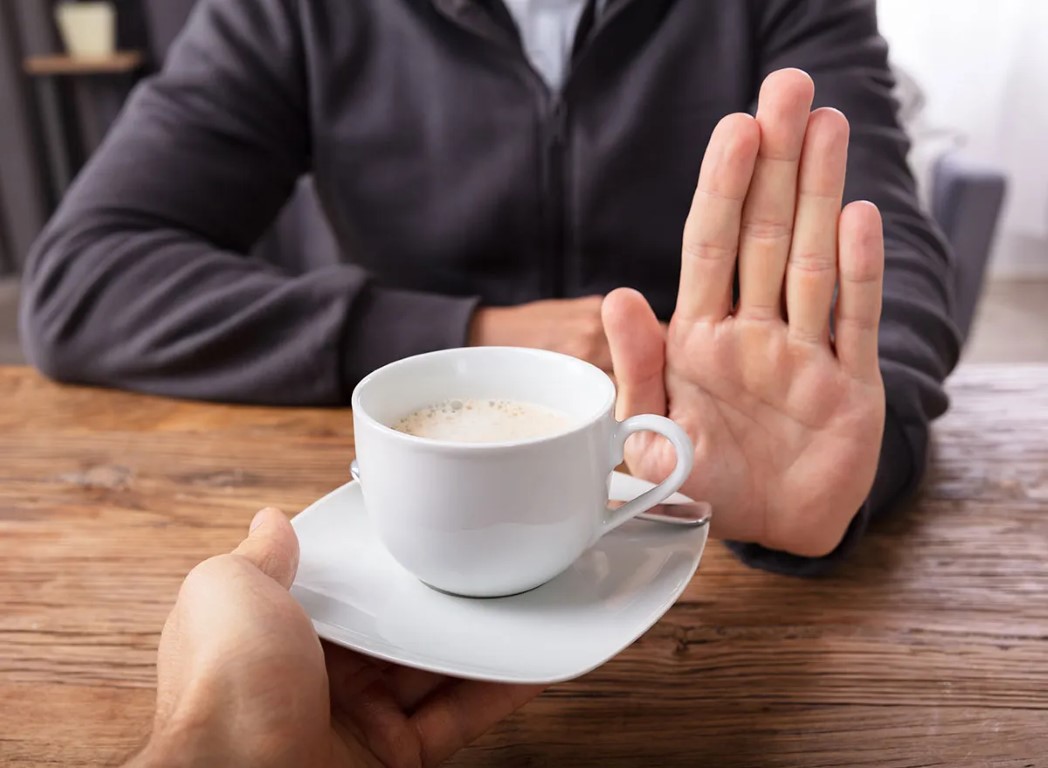
Spotting the Signs of a Caffeine Habit
Recognizing caffeine dependency isn’t always straightforward. One common indicator is finding yourself unable to cut back, even when you’re dealing with unpleasant side effects like shakiness or insomnia.
Another big clue? Withdrawal symptoms. If you stop drinking tea or coffee abruptly and begin experiencing:
-
Persistent headaches
-
Trouble concentrating
-
Unusual drowsiness
-
Low energy
-
Irritability
-
Anxiety
-
A drop in mood
—these could all be signs that your body has grown reliant on caffeine.
These symptoms tend to start between 12 to 24 hours after your last dose and may stick around for up to nine days. The worst of it usually peaks during the first few days and then fades as your body adjusts.
Can Too Much Tea Be Harmful?
While moderate tea consumption is generally considered safe—even beneficial for many—the story changes if your intake climbs too high.
Health authorities like the USDA and the European Food Safety Authority suggest limiting caffeine consumption to no more than 400 mg per day. For pregnant individuals, the ceiling is lower: 200 mg per day. Depending on the type of tea, this equates to roughly 4.5 to 12 cups daily.
However, even below these limits, some people—especially those with anxiety, heart conditions, or liver/kidney disease—may react negatively to caffeine. Possible side effects from excessive tea drinking include:
-
Restlessness or jitteriness
-
Trouble sleeping
-
Frequent urination
-
Muscle twitches
-
Racing heartbeat
-
Migraines
-
Possibly even elevated heart attack risk in susceptible individuals
SUMMARY
Up to 12 cups of tea per day may be safe for most people. However, those with health sensitivities should monitor their intake closely and consider drinking less.
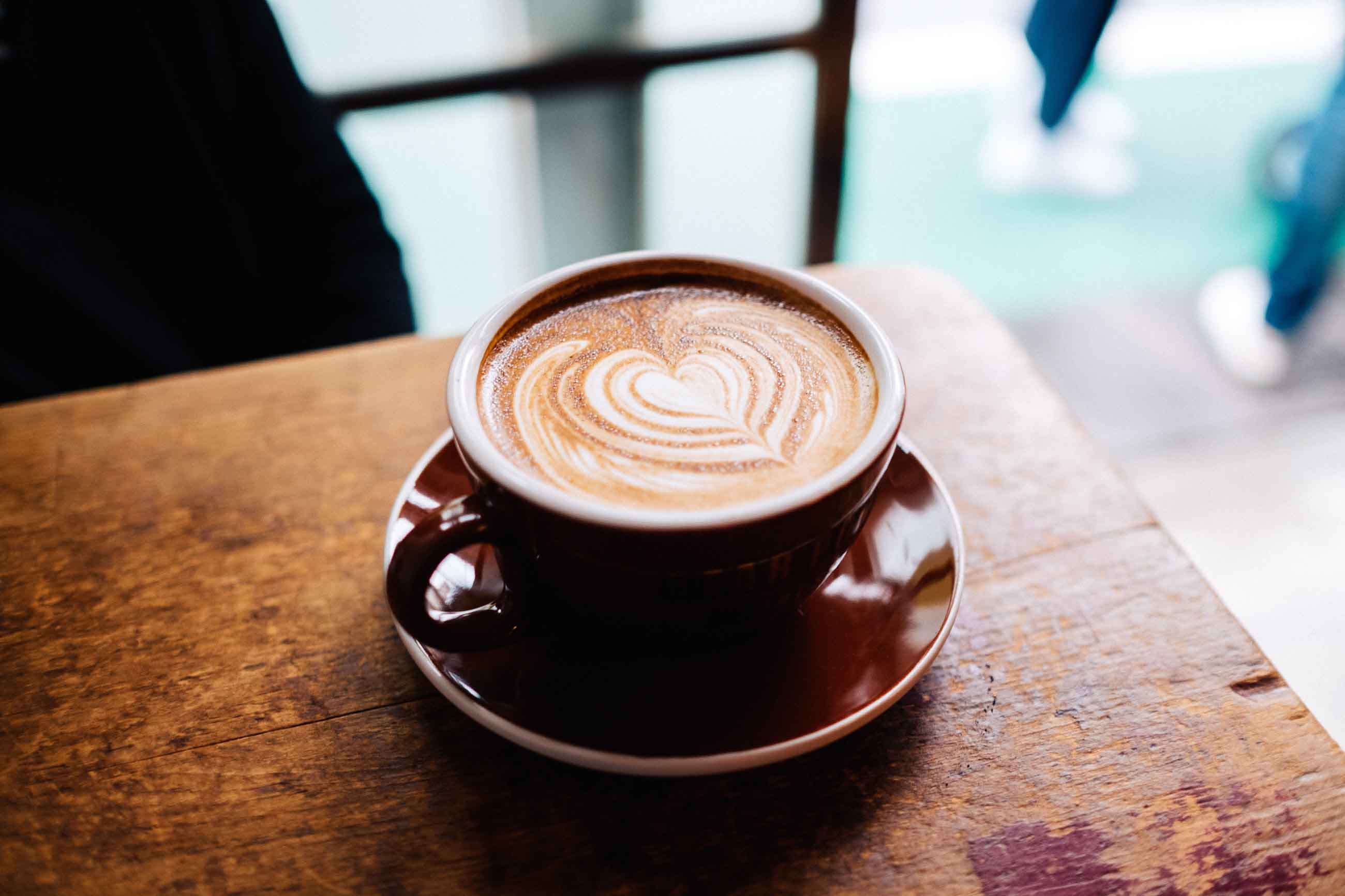
How to Break the Caffeine Cycle
If you're thinking of quitting or reducing your intake of tea or other caffeinated drinks, a smart approach can make the process smoother. Here’s how to ease off caffeine without shocking your system:
-
Taper down slowly: Try cutting back by half a cup or one cup a day. Sudden elimination can trigger harsher withdrawal.
-
Prioritize sleep: Getting good rest reduces your reliance on caffeine to feel alert.
-
Stay hydrated: Replace your usual cup of tea with a caffeine-free drink to avoid dehydration, which can lead to headaches and fatigue.
Decaf Doesn’t Mean Boring: Caffeine-Free Alternatives
Need ideas for replacing your daily brew with something less stimulating? Here are some soothing and delicious alternatives:
-
Herbal infusions like ginger, mint, or turmeric
-
Hot water with lemon
-
Golden milk lattes made with turmeric and non-dairy milk
-
Warm mulled apple juice
-
Beetroot or carrot juice (served warm)
-
Almond milk sprinkled with cinnamon
-
Low-sodium broth
-
Naturally caffeine-free teas
SUMMARY
Cutting caffeine doesn’t mean cutting comfort. Taper off gradually, stay well-rested, and experiment with caffeine-free beverages to stay refreshed and energized.
Where This Leaves Us
Caffeine—whether from tea or coffee—is a powerful substance that interacts directly with your brain chemistry. While tea often wears a health halo, it’s important to remember that some versions do contain enough caffeine to spark dependency.
If your tea habit brings you joy without unwanted side effects, you likely have little to worry about. But if you’ve been noticing mood swings, withdrawal symptoms, or difficulty sleeping, it might be time to reassess your intake. A gradual approach to cutting back, combined with tasty caffeine-free alternatives, can help you regain balance—without giving up your daily ritual entirely.

